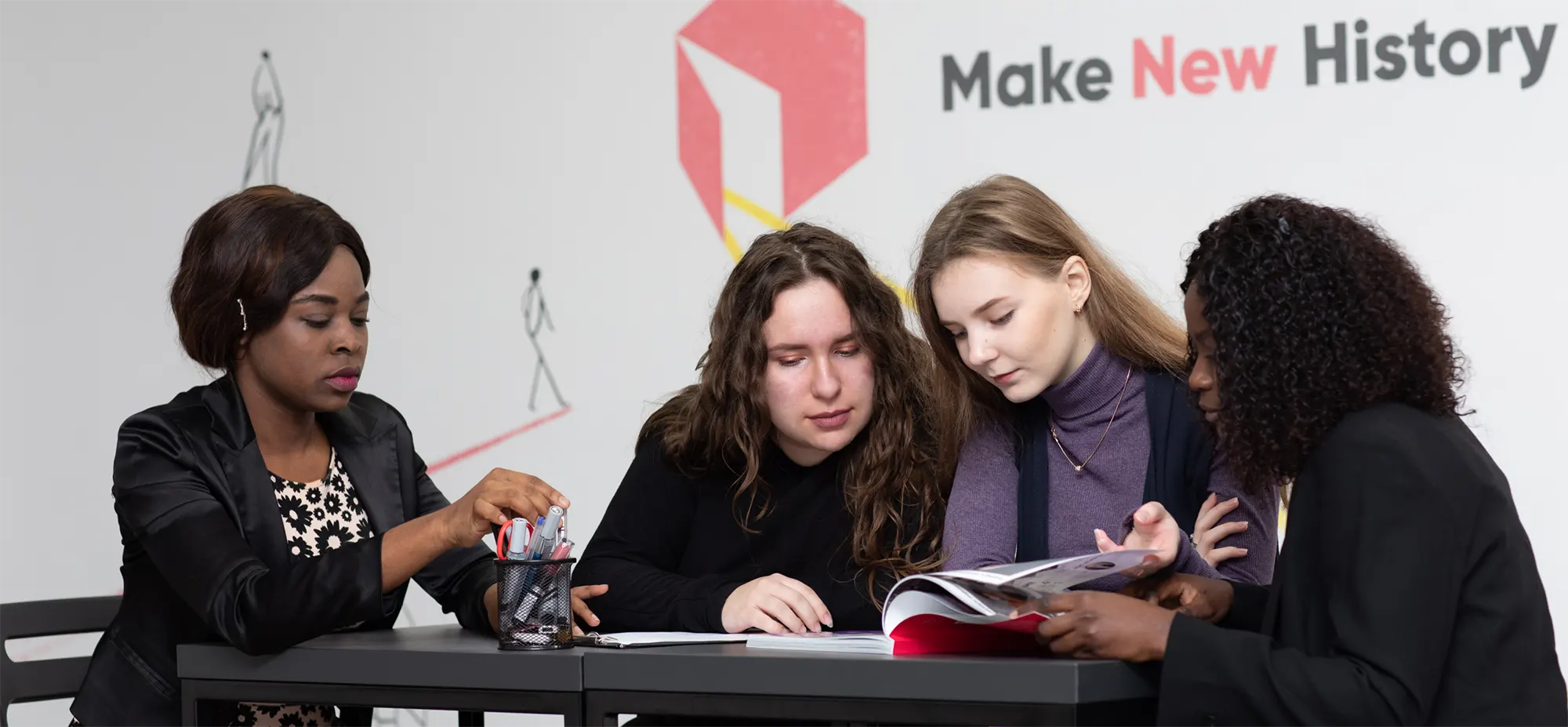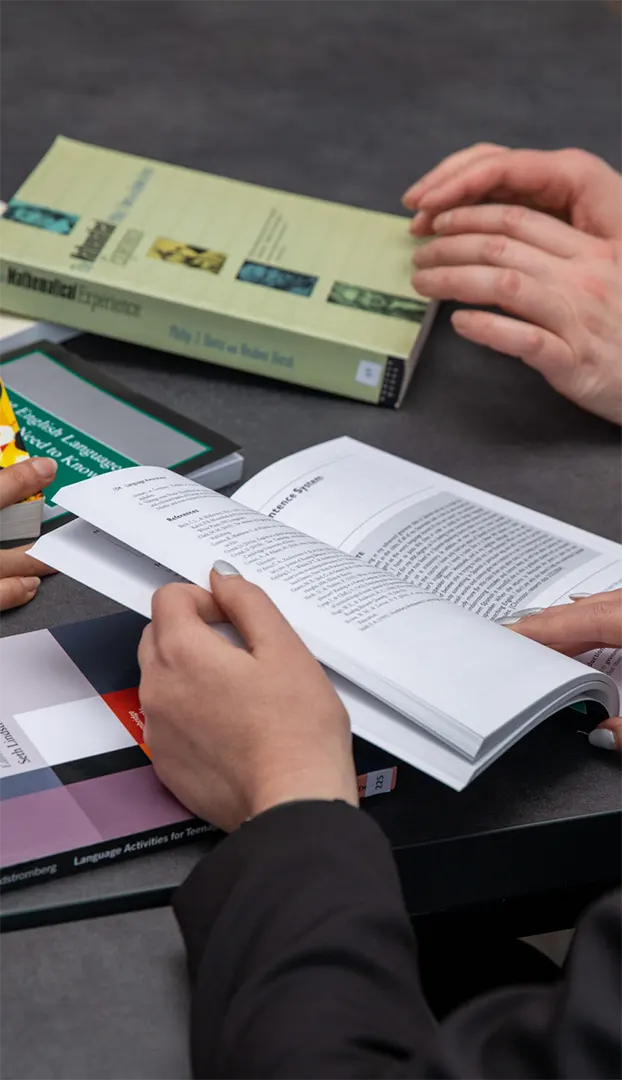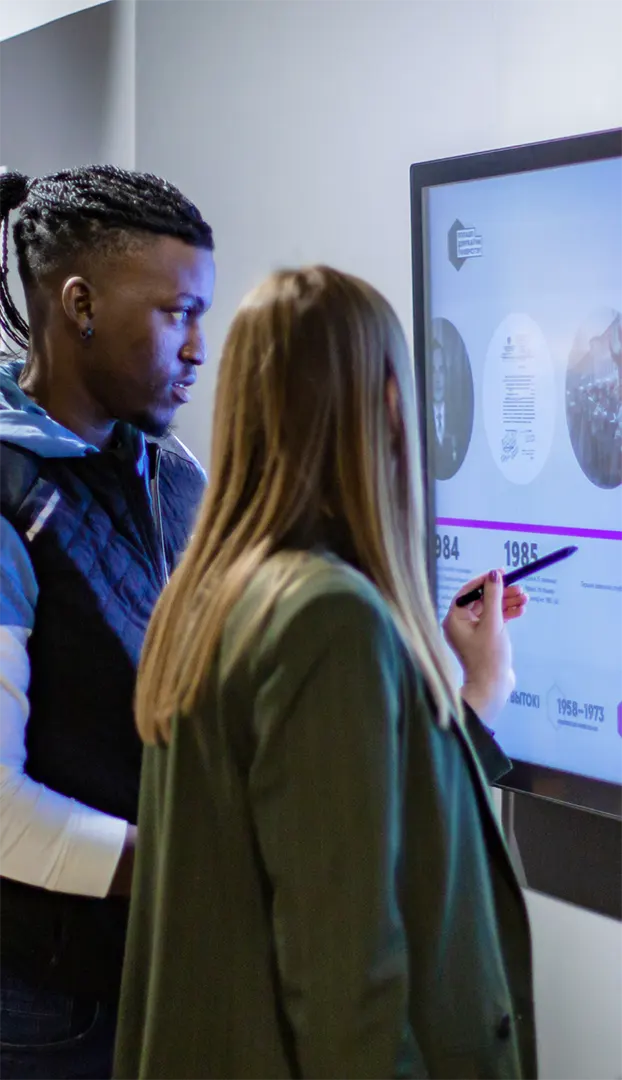Language Support of Intercultural Communication

Qualification given: Bachelor / Specialist in Intercultural Communication. Executive assistant and interpreter
Faculty: Faculty of Humanities
Department: Department of World Literature and Foreign Languages
Study period: Full time – 4,5 years
Studying at this specialty reveals many opportunities for implementation in different areas of work: media planning, tour operating and tourism organization, design and creation of websites, modeling of tourist routes, web analytics and usability, management and marketing in tourism.

Skills and competencies
- Foreign language communication depending on the communication situation
- Cross-cultural communication
- Translation activity for solving professional tasks
- The use of technologies to overcome communication barriers
Graduate destinations
- Organizations which conduct foreign economic activity
- Travel business companies
- PR and advertising agencies
- Logistics centers

Professional activity
- Translation activities in the fields of tourism and IT.
Technologies of education
- The Content and Language Integrated Learning (CLIL) method for learning foreign languages using topics and materials from various disciplines in order to expand the vocabulary.
- Case study for solving practical problems, analyzing a specific situation using professional knowledge, own experience, additional literature.
- A project method for the formation of research and reflexive skills, teamwork skills, the development of communicative and presentation methods of work.
- A business game method for modeling a situation as close as possible to the real problem of professional activity.
- A heuristic approach for students to make personally significant discoveries of the surrounding world, creative self-realization in the process of creating educational products.
- A method of educational discussion with a purposeful exchange of opinions and ideas for presenting and coordinating positions on a given problem.
- A group learning method for small groups of different types working on both general and specific training tasks.
Do you have any questions?
Email:
Telephone:
+375 214 59 95 68, +375 214 59 95 91